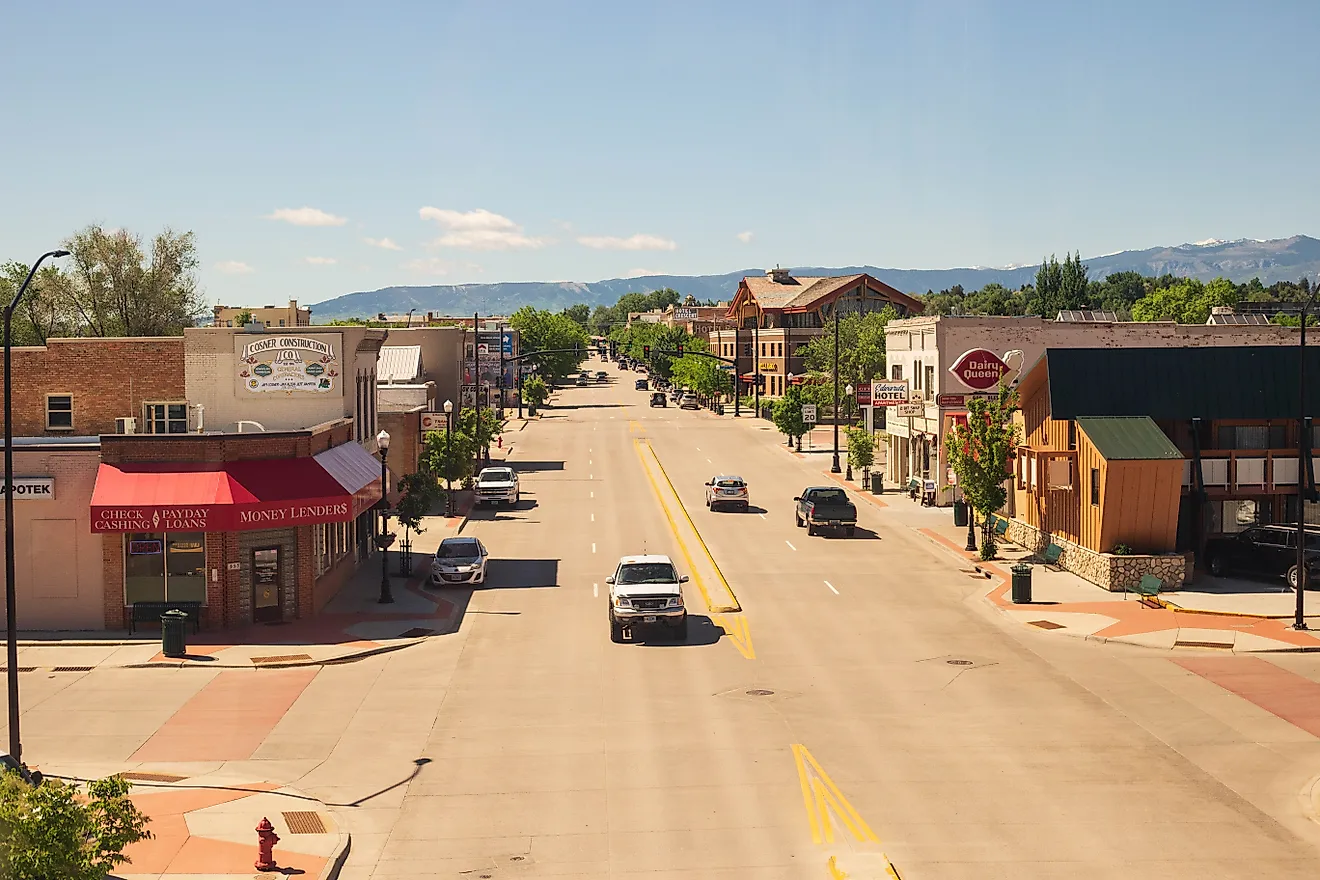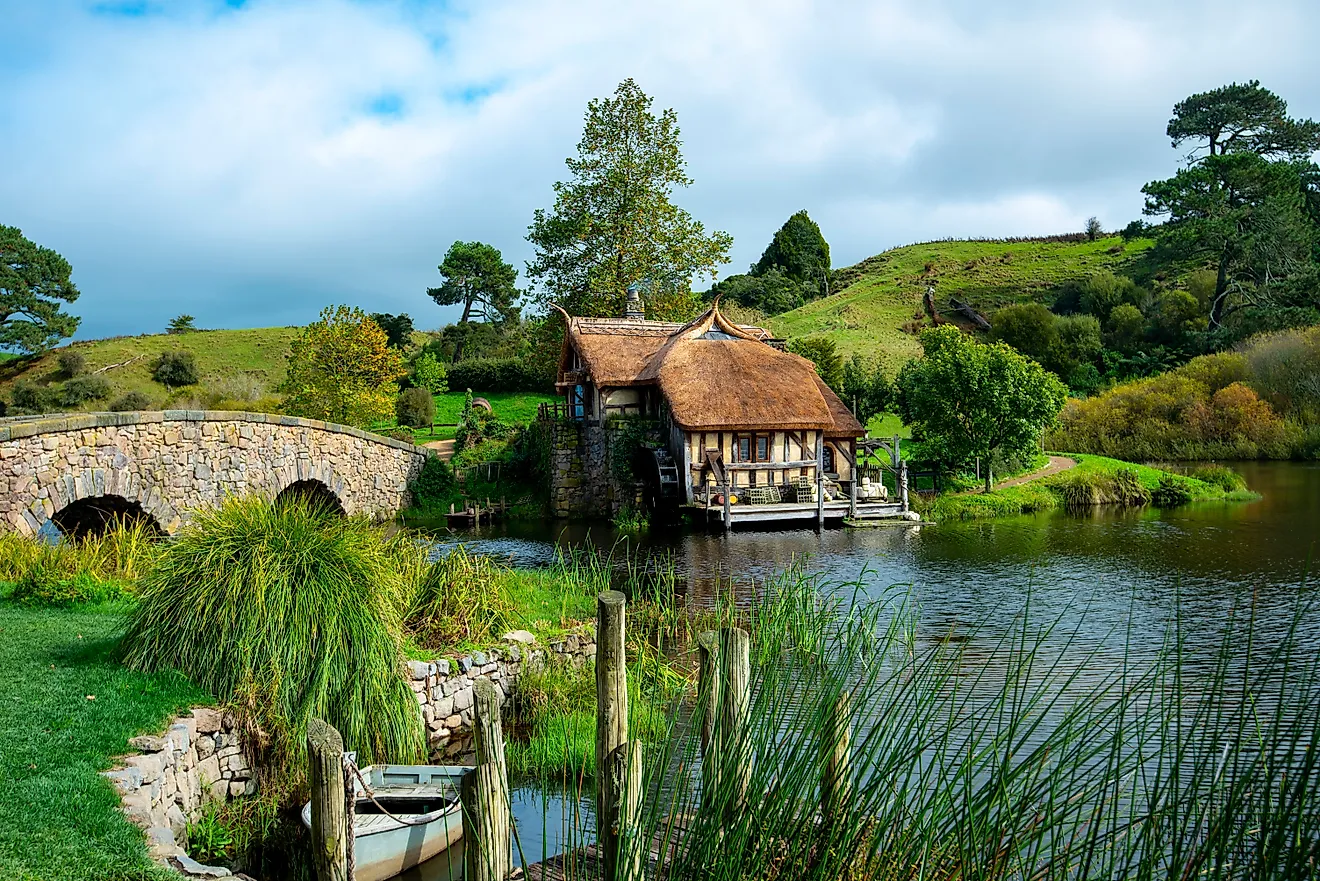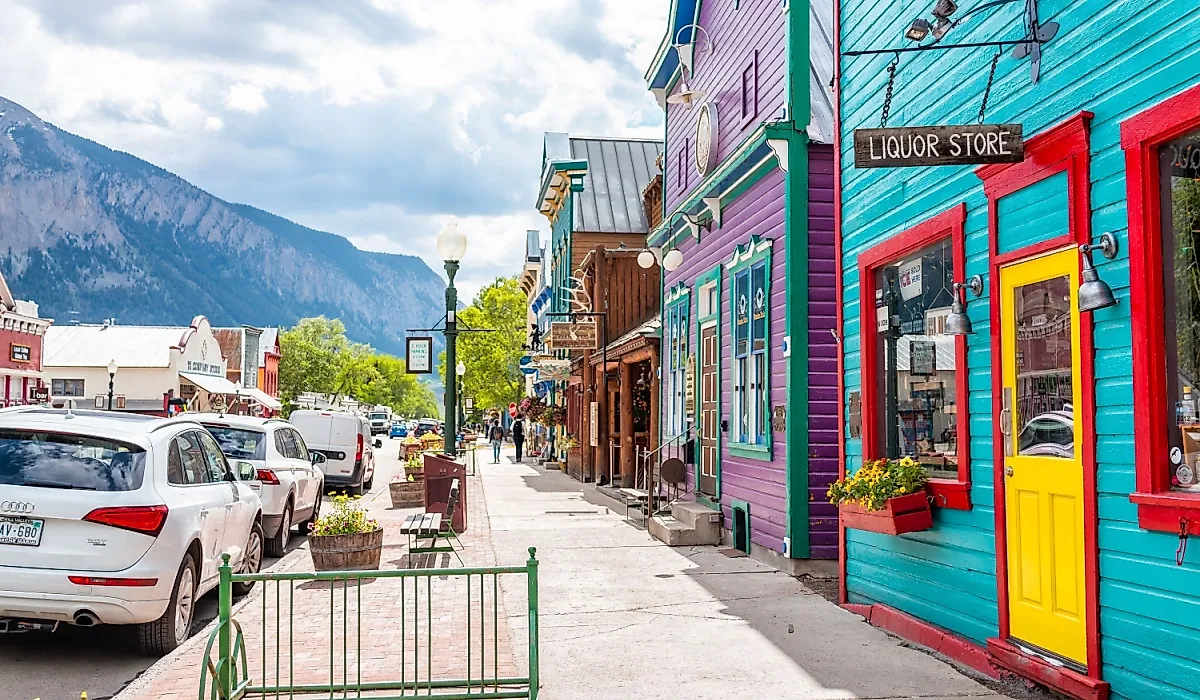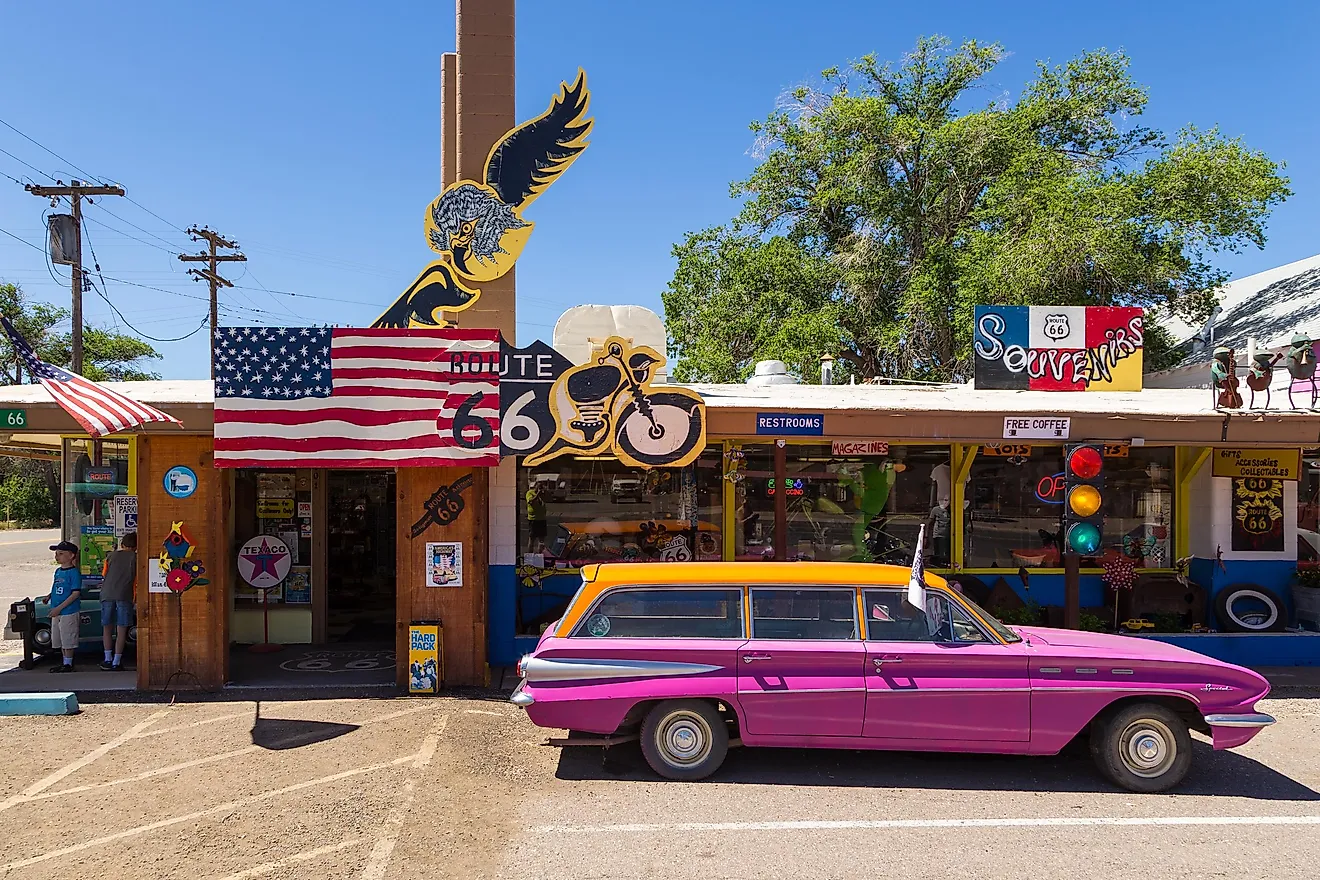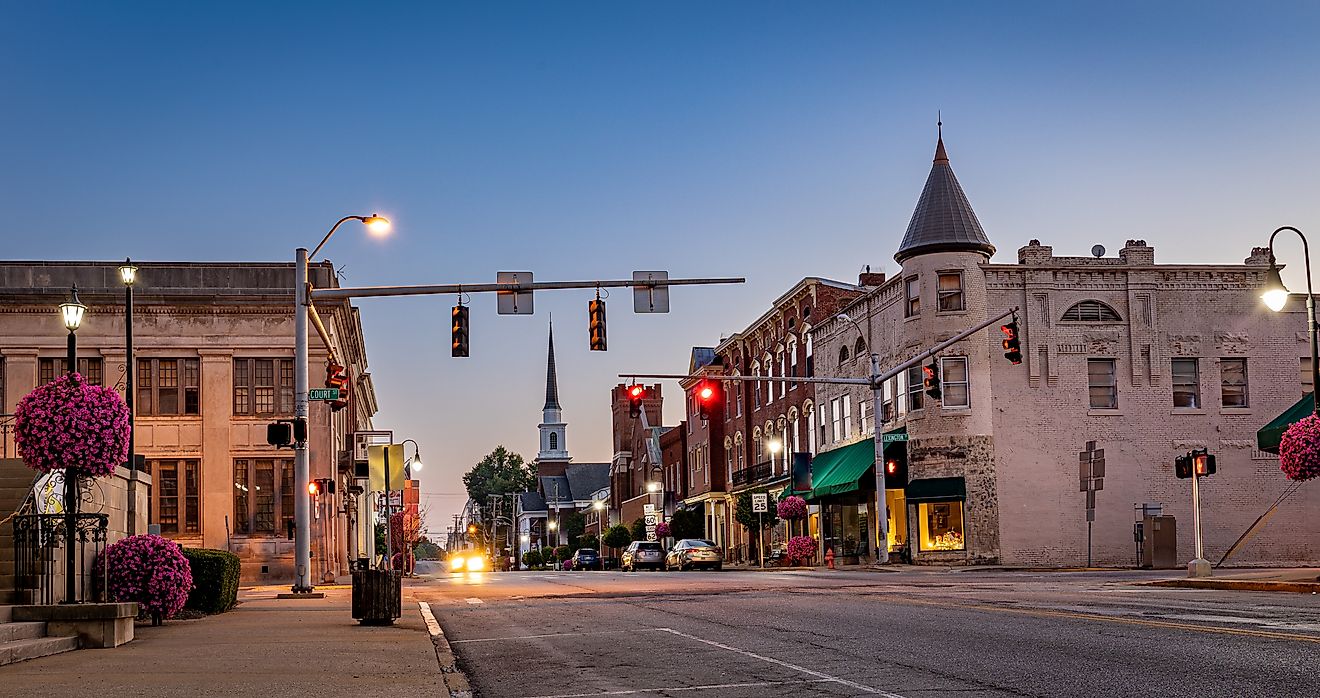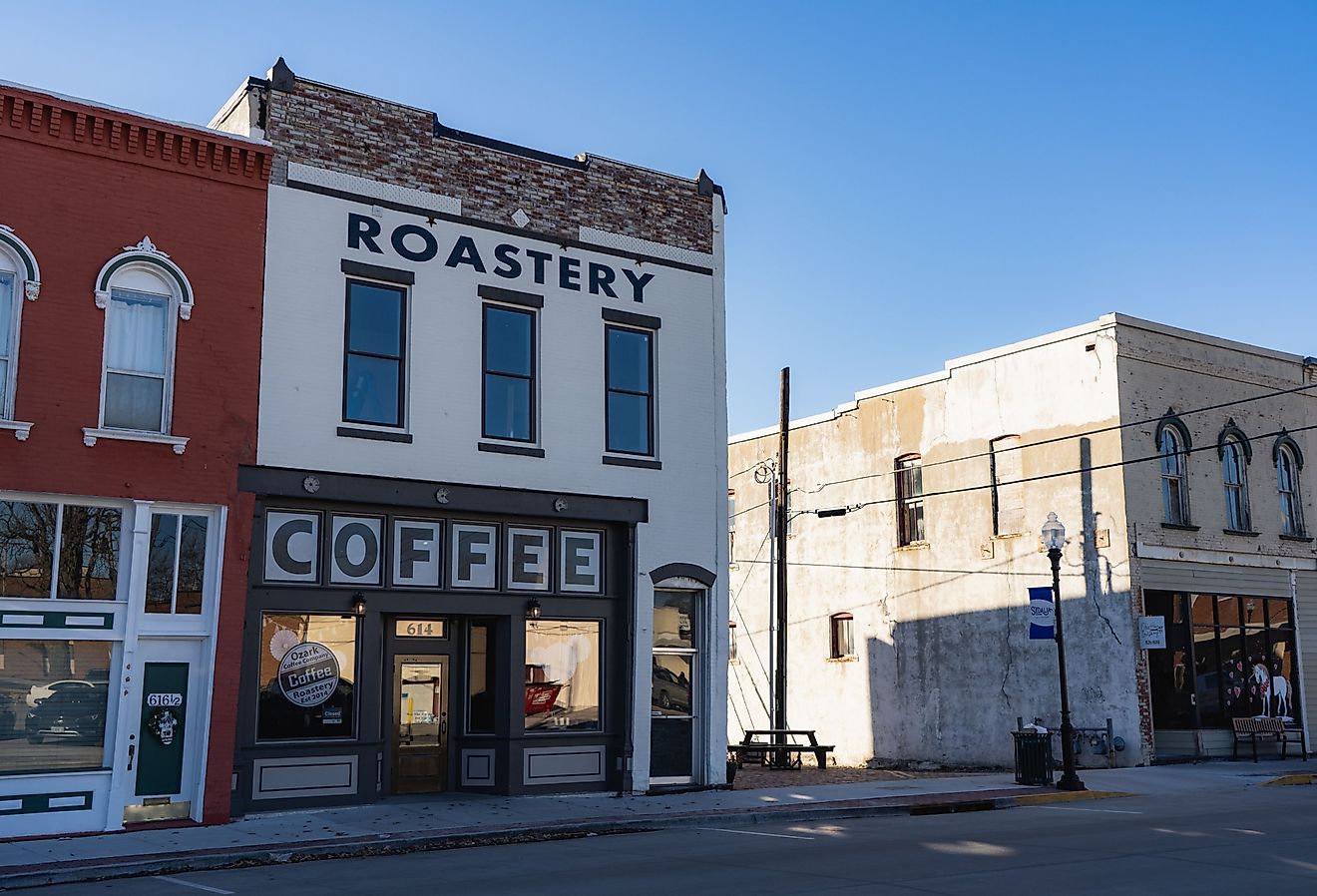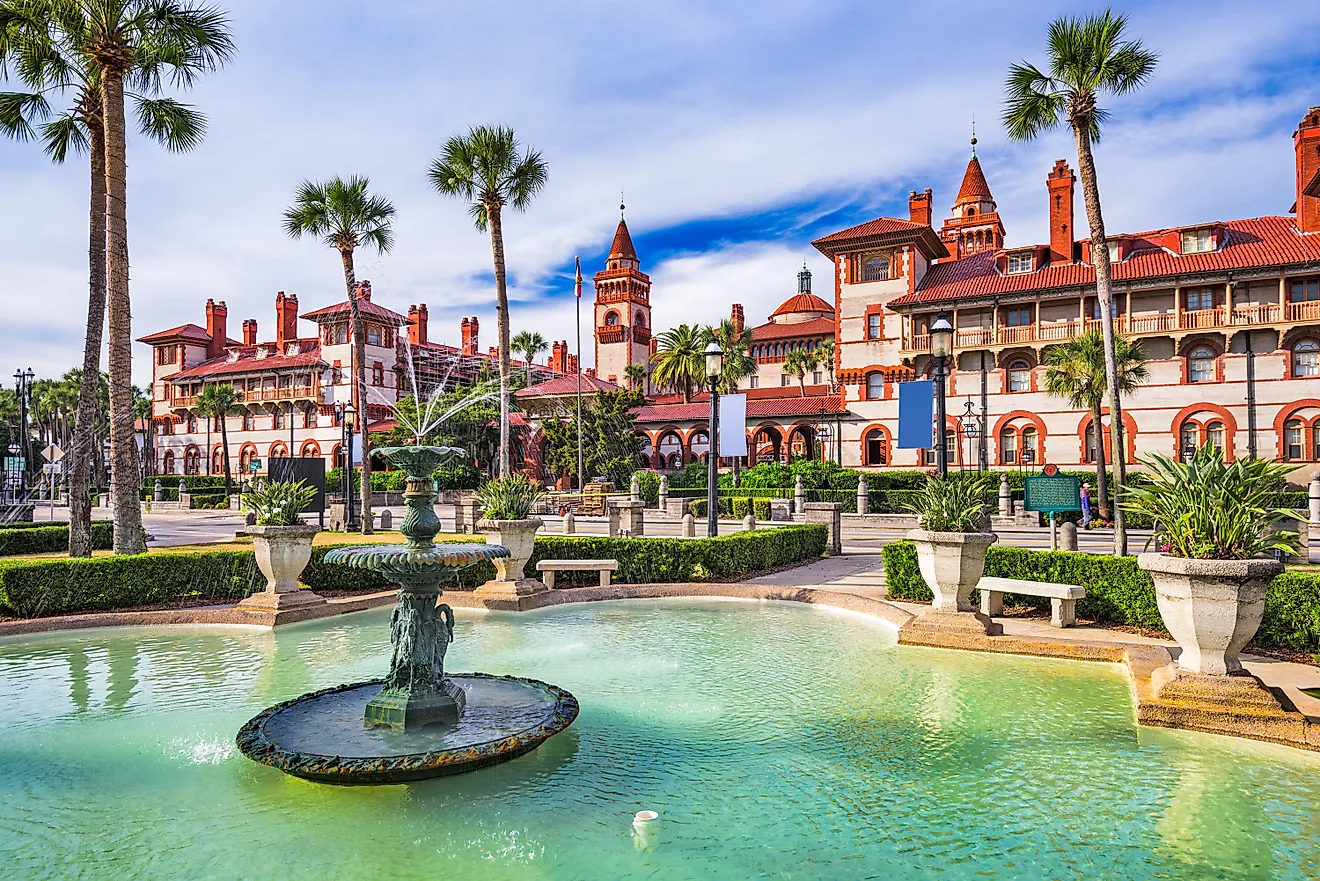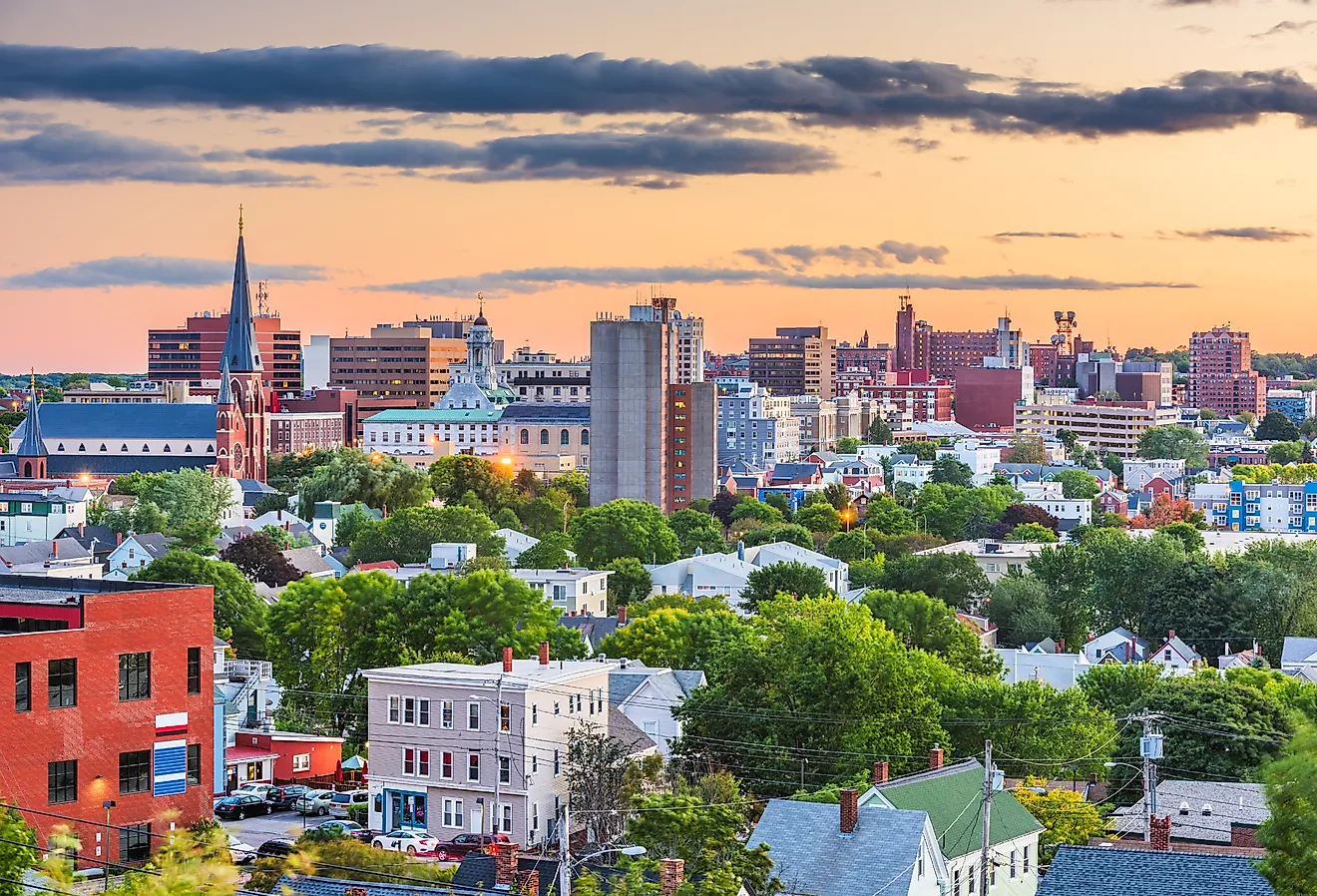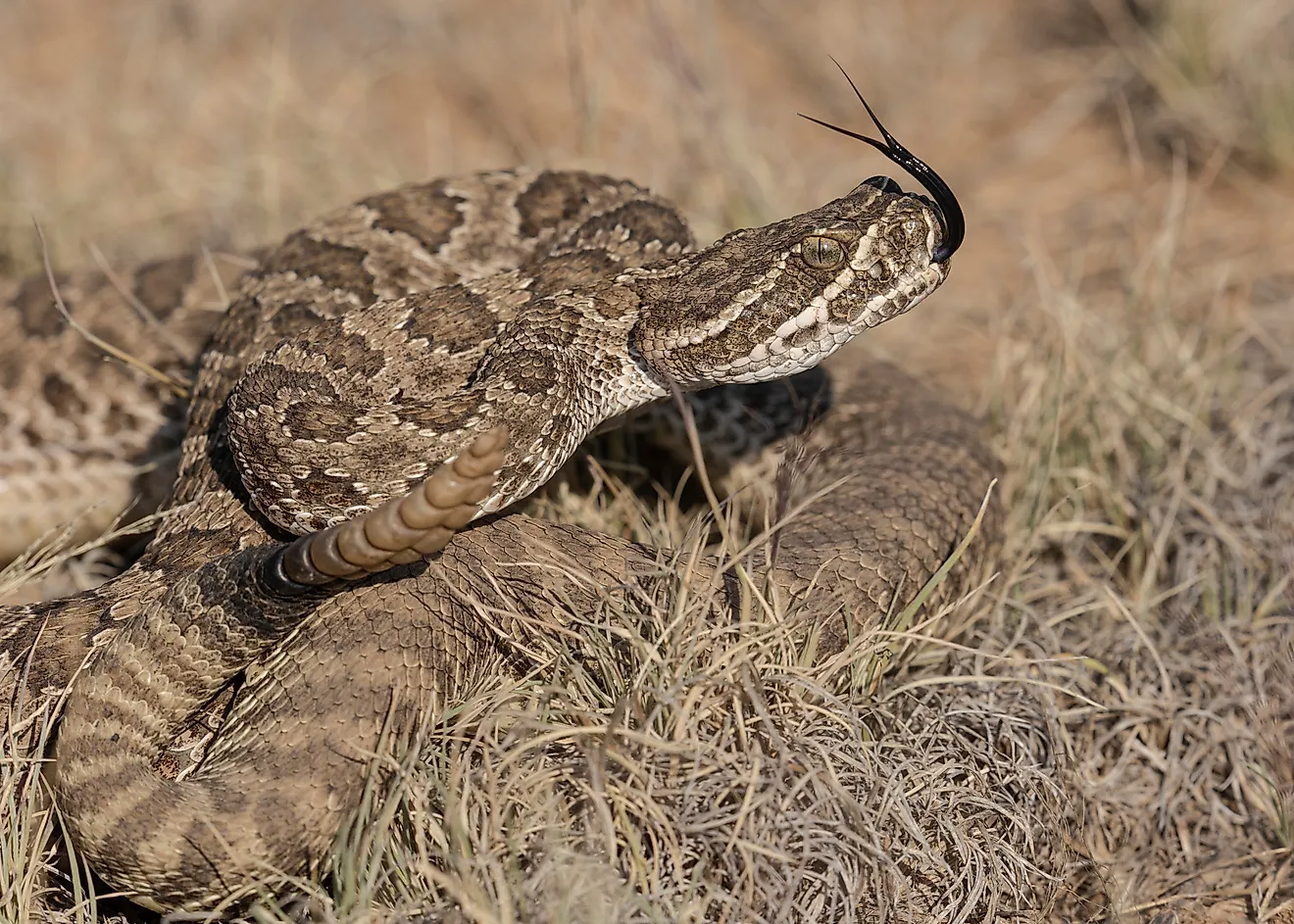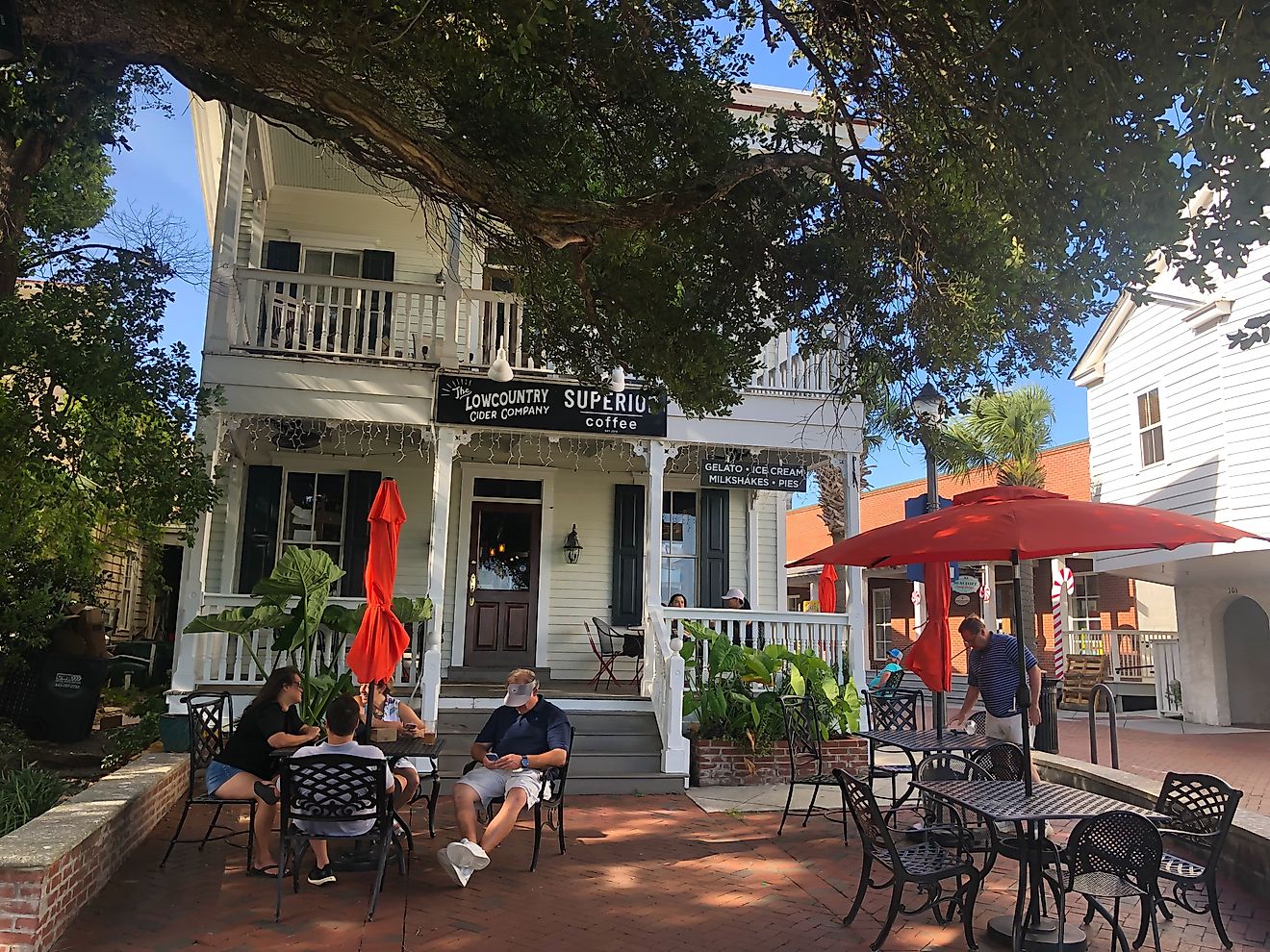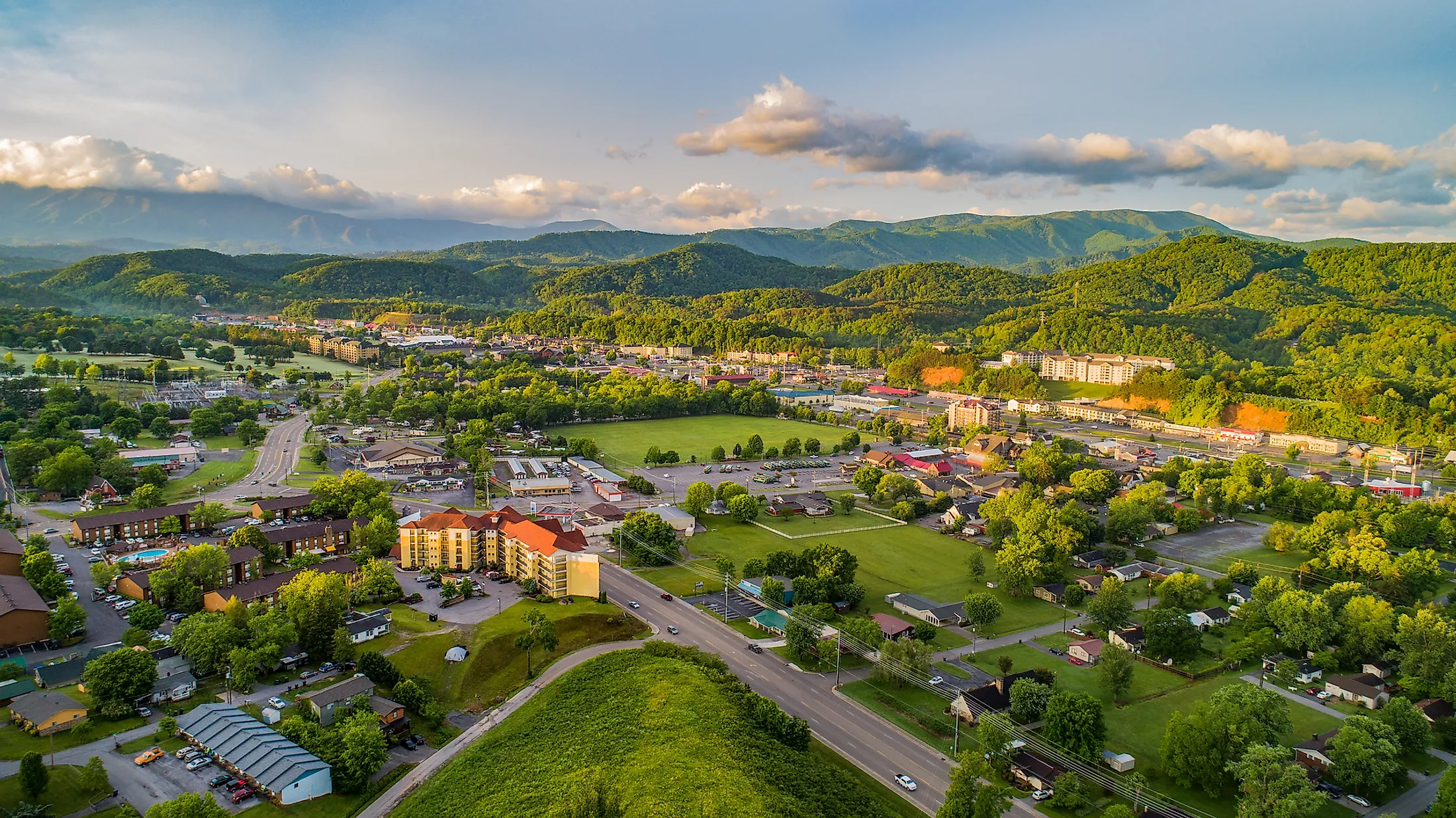
Sevierville, Tennessee
Sevierville is a small city situated in Sevier County in the eastern part of the US State of Tennessee. Sevierville serves as the principal city of the Sevierville, Tennessee, Micropolitan Statistical Area and also forms a part of the Knoxville-Sevierville-La Follette Combined Statistical Area.
Geography Of Sevierville

The city of Sevierville covers a total area of 62.78 sq. km, of which 0.28 sq. km is occupied by water and 62.5 sq. km is occupied by land. Sevierville is situated on a stretch of land between the meeting point of the East and Middle Fork and the West Fork of the Little Pigeon River that is traditionally referred to as the “Forks-of-the-River.” Due to its location at the foothills of the Great Smoky Mountains, Sevierville connects the city of Knoxville in the north and the Appalachian towns in the south. Located about ten miles south of Sevierville is the Great Smoky Mountains National Park.
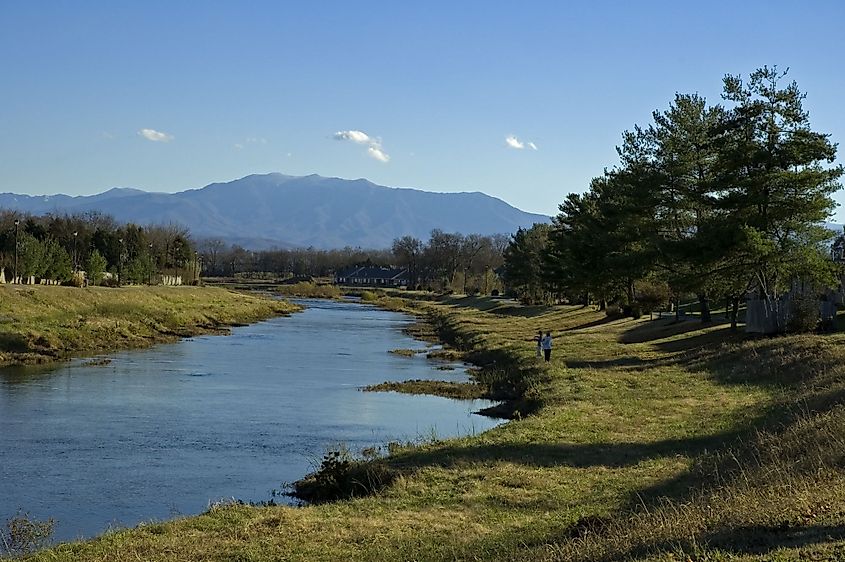
There are many neighborhoods situated within Sevierville. These include East Sevierville, Old Town, South Sevierville, Riverview, and Northview-Kodak. Besides this, several smaller communities have developed along the outskirts of Sevierville, such as Boyd’s Creek and Catlettsburg in the north and Harrisburg and Fair Garden in the east. Sevierville is connected with Knoxville in the north, and the Great Smoky Mountains National Park and Cherokee in the south via the U.S. Route 441 highway, commonly referred to as “The Parkway.” Sevierville is also connected with Interstate 40 via State Route 66 highway or the Winfield Dunn Parkway.
Climate
According to Köppen climate classification, Sevierville experiences a humid subtropical climate with long, warm summers and short, extremely cold winters. The hot season lasts from May to September, with July being the hottest month, having an average high temperature of 32°C and a low temperature of 19.5°C. The cold season lasts from December to February, with January being the coldest month, having an average low temperature of -2.6°C and a high temperature of 9.4°C. The city receives an average annual precipitation of 48.78 inches and an average snowfall of 3.6 inches.
The Population And Economy Of Sevierville
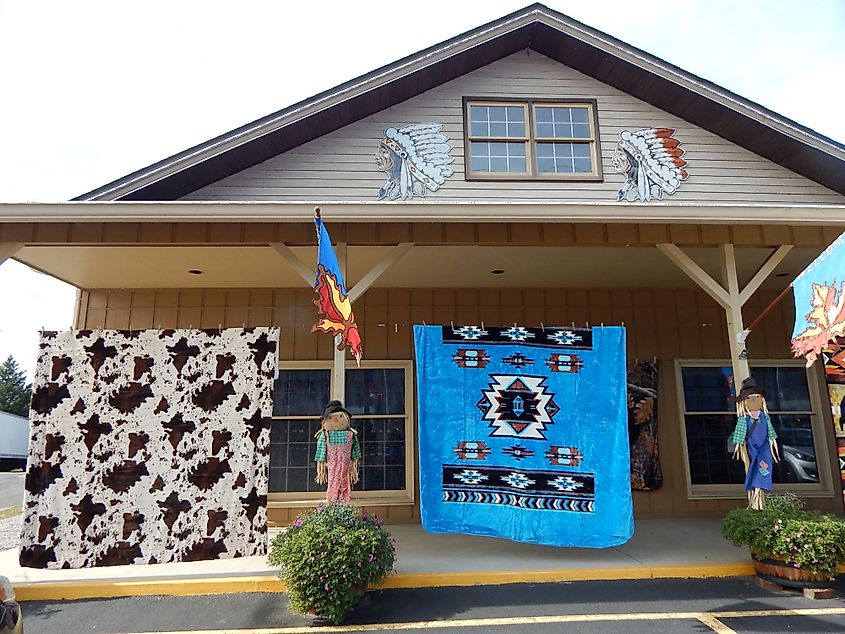
As per the latest 2020 census, Sevierville is home to a population of 98,380 inhabitants. The city’s population has increased since the 2010 census, which showed that the town was home to 89,889 people. About 95.0% of Sevierville’s population is considered White, of whom most are non-Hispanic. The Hispanic group accounts for 6.4% of Sevierville’s African Americans at 1.4%, Asians at 1.2%, Native Hawaiians at 0.1%, two or more races at 1.6%, and White alone at 89.4%.
As per the latest census, there are 37,210 households in Sevierville, with a median household income of $49,610 and a per capita income of $25,283. The economy of Sevierville is mainly driven by tourism, which has dramatically improved due to the development of the Great Smoky Mountains National Park. At present, there are over 2,000 hotel and motel rooms in Sevierville that generate hotel-motel tax revenue of more than $500,000 per year. To improve the central business district, a 7.8 sq. km area Tourism Development Zone was also established in Sevierville. Several annual cultural events, such as the Bloomin’ Barbeque & Bluegrass Festival, Sevier County Fair, Annual Christmas Parade, etc., attract many tourists to Sevierville.
Tourist Attractions In And Around Sevierville
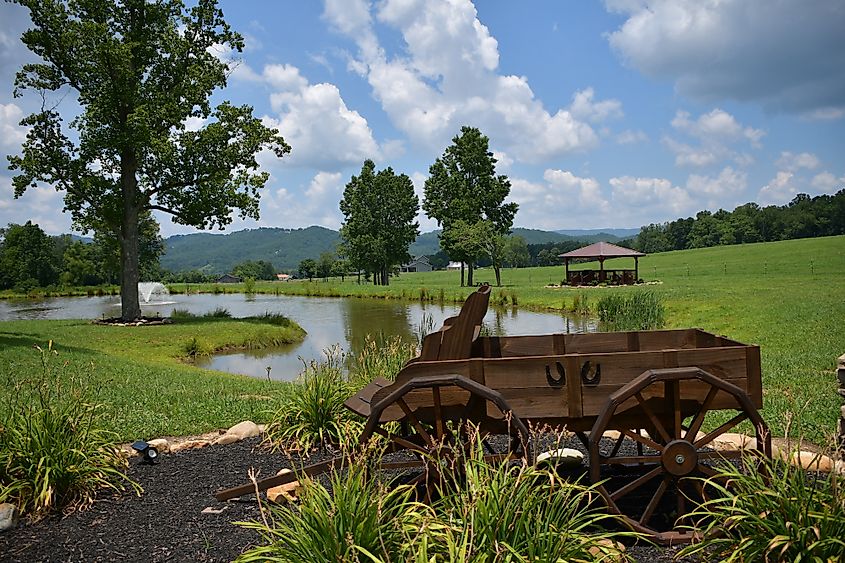
Buckingham House
The Buckingham House is a historic Brickhouse built in Federal architectural style overlooking the French Broad River in Sevierville. The Brickhouse is considered the oldest house in the Sevier County and was constructed in 1795 by Thomas Buckingham, who served as the county’s first sheriff. Since March 18, 1971, the Buckingham House has been listed on the National Register of Historic Places.
Brabson’s Ferry Plantation
Located at the meeting point of the French Broad River and Boyds Creek close to the city of Sevierville is a centennial farm and a former antebellum plantation known as the Brabson’s Ferry Plantation. The farm produces soybeans, corn, wheat, beef cattle, oats, and hay. The Brabson Farm is owned and managed by the Brabson family, and many of its historic structures have been listed in the National Register of Historic Places.
Sevier County Heritage Museum
Located in the old Sevierville Post Office building, the Sevier County Heritage Museum houses a comprehensive collection of artifacts, memorabilia, numerous newspaper articles, historical documents, furniture, tools, outwear of citizens and military men, etc. that tells the future generations stories about the rich history of the area.
Sevier Air Trampoline Park
Sevier Air Trampoline and Ninja Warrior Park is a new indoor family-fun adventure park in Sevierville that features about 38,000 square feet of high-flying activities, basketball, dodgeball, ninja warrior tracks, trampolines, airbag jump, battle beam, etc. At the Sevier Air Trampoline Park, one can exercise, improve their reflexes, strengthen muscles, and fine-tune their motor skills.
Brief History Of Sevierville
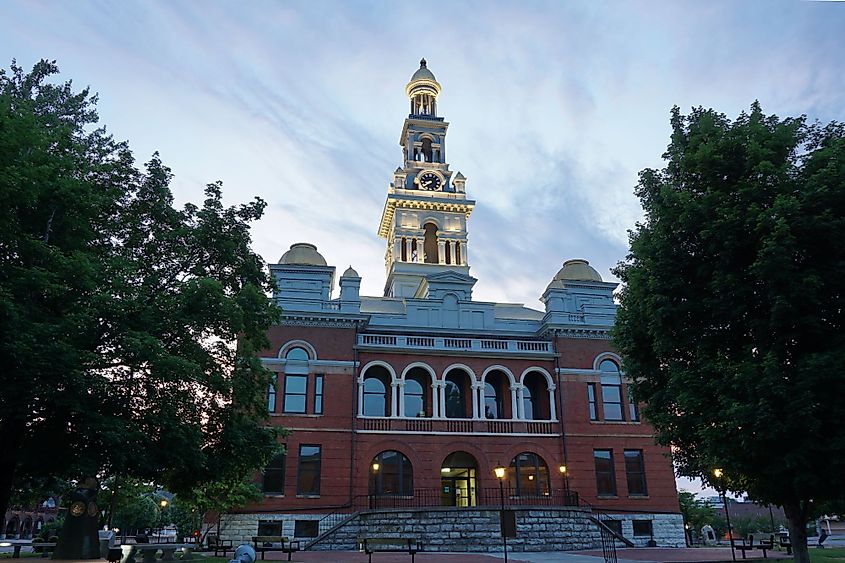
It is believed that the present Sevierville area was initially inhabited by the Native Americans of the Woodland period, who arrived in the area around 200 A.D. The McMahan Mound Site was established just above the meeting point of the West Fork and Little Pigeon River by a group of Native Americans between 1200 and 1500 A.D. By the beginning of the 18th century, much of the Tennessee side of the Great Smoky Mountains was controlled by the Cherokee. In due course, several Euro-American traders and settlers started arriving in the area via the various Cherokee trails. A notable early trader named Issac Thomas established a farm, a tavern, and a trading post in 1783 at the confluence of the West Fork and the Little Pigeon River. Other settlers soon joined him, and a community named “Forks of the Little Pigeon” started to develop around them. In 1794, Sevier County was created and was named in honor of John Sevier. The following year, the “Forks of the Little Pigeon” was selected as the county seat and rechristened as “Sevierville.” In due course, several large farms were established in the area. Sevierville suffered greatly during the American Civil War. Many new houses and businesses were built in the 1870s as the city started recovering after the war. A fire destroyed a significant portion of the downtown area in 1900, and the businesses were then shifted from the old town square to the Sevierville Commercial District. Sevierville was officially incorporated in 1901. With the establishment of the Great Smoky Mountains National Park, several tourists started arriving in Sevierville.
